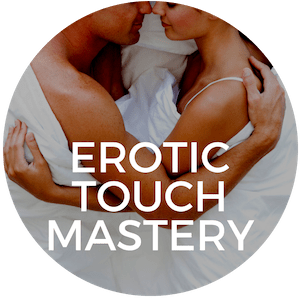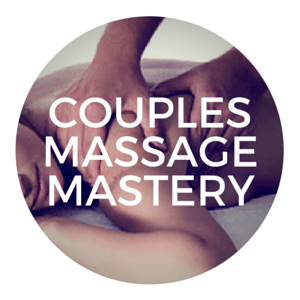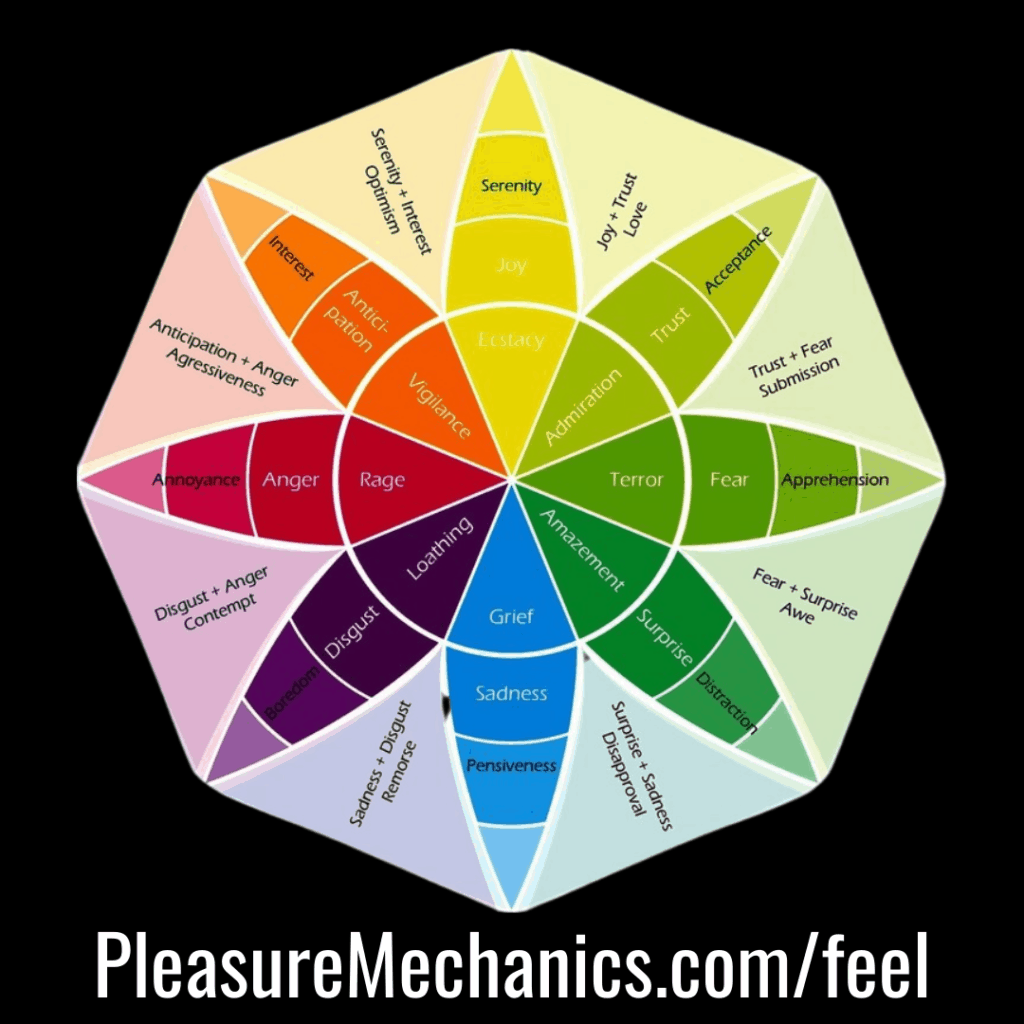Podcast: Play in new window | Download

Sexual Empowerment is a term that gets used a lot, but what does it really mean? In this episode, we explore empowerment, Power Over vs. Power With, and more!
Here is a great introduction to how power operates in society:





